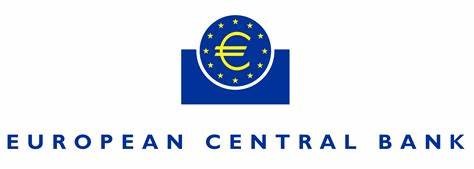Welcome to the Department of Economics
Our department is part of the Faculty of Economic and Social Sciences of the University of Rostock. The department consists of six professorships and one assistant professorship and offers a broad range of research and teaching in all areas of economics.
12th European Central Bank Conference on Forecasting Techniques
Rainer Alexander Schüssler will present his research on "Forecasting Macroeconomic Tail Risk in Real Time: Do Textual Data Add Value?" (https://papers.ssrn.com/sol3/papers.cfm?abstract_id=4372186) at the ECB Conference on Forecasting Techniques in Frankfurt on 12 and 13 June, 2023. The conference program can be found here.
New Bachelor’s degree in Economics
The new Bachelor’s degree in Economics starts in the Winter term of 2022/23. The program combines a strong economic and methodological core with interdisciplinary elements. Further information is here.
New edition "Statistics for Business and Economics“ (in German)
Data are past experiences set in stone. If we like to talk about them today, and learn about the future from them, we aggregate them to statistics. A consensus about the most common statistics is the foundation of each program in economics.
The 18th edition of the textbook "Statistics for Business and Eonomics " (in German) has appeared. For further information see here.
The 14th edition of the formulary accompanying the textbook has appeared 2021. For further information see here.
Masters and Slaves – A Matching Model of Forced Labor with Heterogeneous Workers
In her paper on modern slavery, published in the September 2021 issue of CESifo Economic Studies, Bianca Willert models the recruitment of forced labour in a search-and-matching model. In contrast to the standard matching model of labour economics, she does not look at workers searching for jobs, but at employers looking for workers to be enslaved. Modern slavery is prohibited, but slave-holders can escape prosecution by bribing government officials. Ms. Willert looks at an equilibrium in which slavery and corruption are determined endogenously and analyses the effects of government interventions such as the increase of detection probabilities and of labour protection standards.
The "War" on Cash
In "The War on Cash: Institutional Hostility and Covid-19", we argue that cash has been unjustifiably accused of facilitating illicit transactions; the Covid‐19 pandemic has been misused to push individuals away from banknotes and coins; and cash is even more welfare enhancing in troubled economic times. After a review of “instruments of convincement” used before the current pandemic, we show that since the pandemic hostility to cash has continued. We conclude by explaining why cash remains essential.









